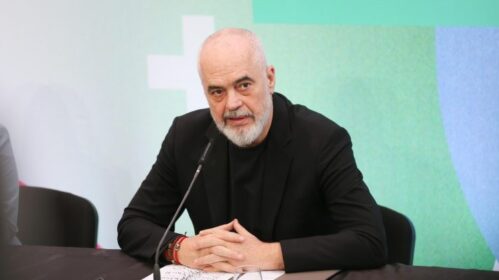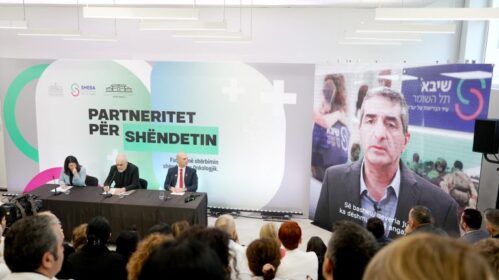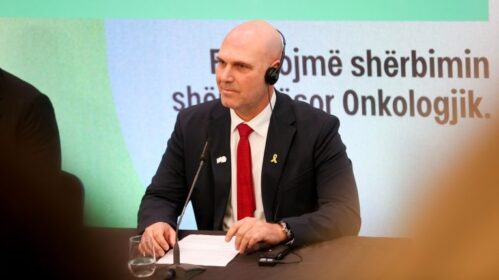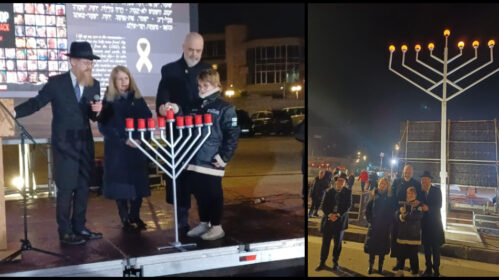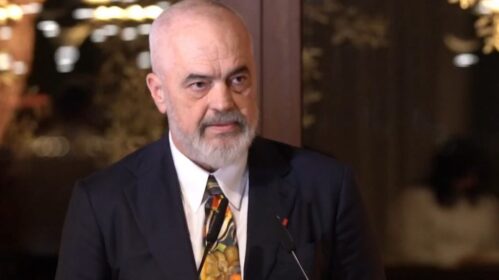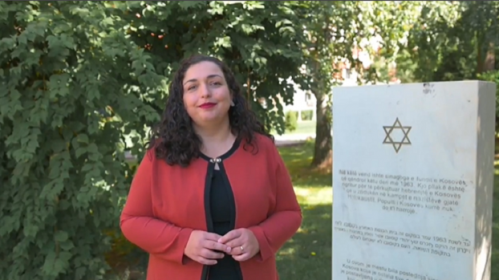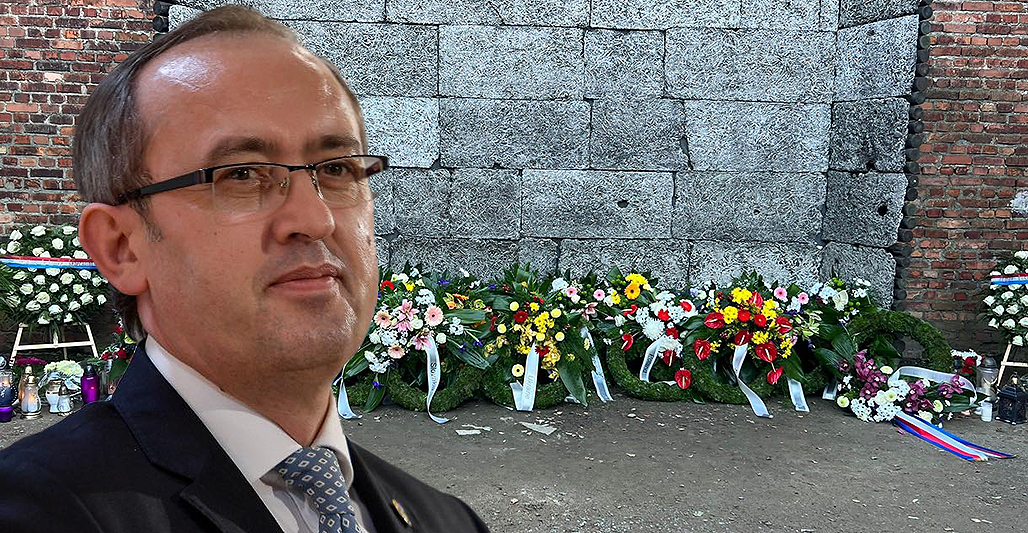Jewish communities were established by refugees from Spain, Portugal and Sicily at the end of the 15th century and the beginning of the 16th. Some settled along the coast, especially in the port of Durres (Durazzo), but most Jews made their homes in Berat, in central Albania. A 1930 census recorded 204 Jews in the country, mainly in Tirana and Vlore (Valora). In 1939, a small number of Jewish refugees from Germany and Austria found sanctuary in the country, and they were later joined by Jews fleeing Croatia and Serbia. The Albanian population, and even the Italian forces occupying the country from 1939, was sympathetic to the Jews. As a result, nearly the entire Jewish community survived intact and Albania is one of the few European countries that emerged from World War II with more Jews than in 1939.
Until the collapse of Communism in 1990, the community was completely cut off from the Jewish world. All religion was strictly outlawed, and consequently there was no Jewish communal life. In 1991 nearly the entire Jewish community, numbering some 300 people, was airlifted to Israel.
Ndiq "Izraeli Sot" në Facebook dhe Twitter dhe Instagram dhe behu anetar i Grupit Izraeli dhe Shqiptaret
With the departure of almost the entire Jewish community, there is virtually no organized Jewish life in Albania today. Most of the few remaining Jews live in the capital, Tirana. A synagogue still exists in Vlore, but is no longer in use.
Chabad emissaries are sent to Albania to organize and run services for Jewish holy days. In December 2010, a Chabad rabbi was appointed chief rabbi.






